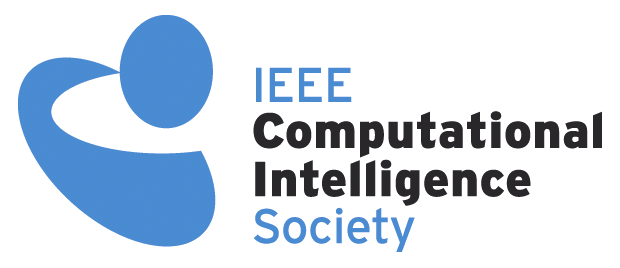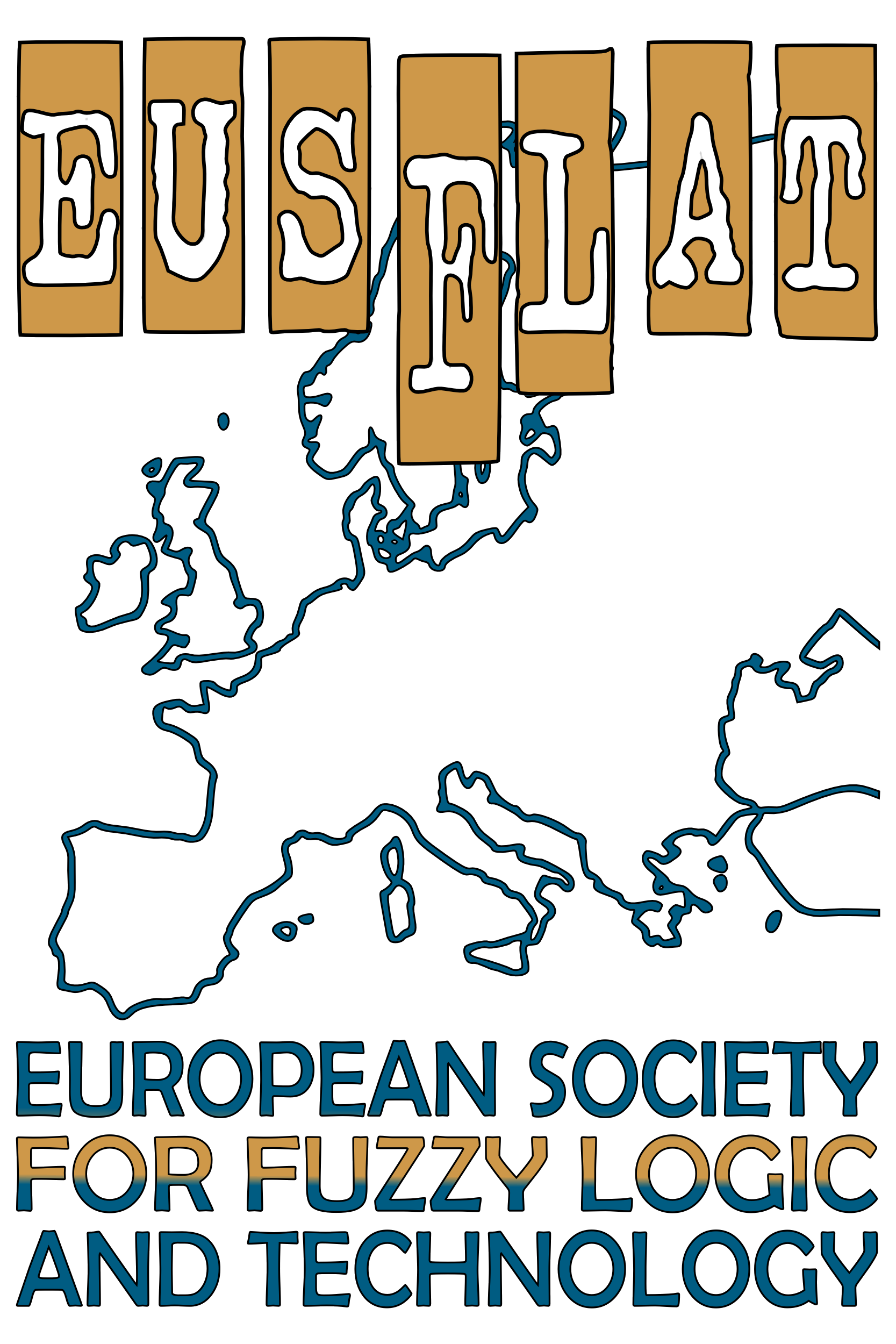IEEE CIS
The Computational Intelligence Society (CIS) is a worldwide network of researchers, professionals, practitioners, and students who are interested in nature inspired problem-solving.
The Field of Interest of the Society shall be the theory, design, application, and development of biologically and linguistically motivated computational paradigms emphasizing neural networks, connectionist systems, genetic algorithms, evolutionary programming, fuzzy systems, and hybrid intelligent systems in which these paradigms are contained.
Technical Sponsors
EUSFLAT
EUSFLAT is a new non-profit European Society with the following aims:
- To promote and disseminate the methods, techniques and developments of Fuzzy Logic and technologies;
- To encourage the scientific communication and collaboration among its members;
- To assemble a group of specialists belonging to different academic fields and professional practices;
- To advise associates and companies on subjects regarding Fuzzy Logic and Technologies and other related matters;
- To represent the European researchers in Fuzzy Logic and their technologies at the IFSA council;
- To establish relations with other national or international associations with similar aims;
- To organize, promote and sponsor conferences, workshops and seminars.
EUSFLAT provides the following services to its members:
- An e-mail distribution list to disseminate information, discuss issues, suggest open questions, etc.;
- A database of research groups, practitioners and industries working in Fuzzy Systems or using Fuzzy Technologies in their developments or products;
- A Web site announcing conferences, workshops, seminars, research groups, research projects, books, etc.;
- Reduced registration fees for the conferences organized or sponsored by EUSFLAT and othe rscientific societies;
- Reduced rates for personal subscriptions to the following journals: Fuzzy Sets and Systems (FS&S), International Journal of Approximate Reasoning (IJAR), International Journal of Uncertainty, Fuzziness and Knowledge-Based Systems (IJUFKS), Journal of Advanced Computational Intelligence (JACI), Mathware and Soft Computing (M&SC), and Busefal. Agreements with additional journals will be sought.
Sponsors
BT
BT is one of the world’s leading providers of communications services and solutions, serving customers in 180 countries. We operate globally and deliver locally, with 17,000 Global Services experts serving multinational organisations. Our unique breadth of scope, reach and capability helps you solve the most complex business communications requirements on a global scale. We’re innovative in our thinking and dependable in our delivery. We organise our business around you, with specialist industry practices underpinned by world leading security and customer service. Our portfolio strategy, the Cloud of Clouds, is a powerful combination of cloud services, IT integration skills, global network and professional security expertise. It allows you to connect easily and securely to the applications and data you need, regardless of where they’re hosted and where you’re based. Together, we’re transforming how we live in a digital world.
University of Naples Federico II
The University of Naples Federico II is a university located in Naples, Italy. Founded in 1224 it is the oldest public non-religious university in the world, and is now organized in 13 faculties. It was Europe's first university dedicated to training secular administrative staff, and one of the oldest academic institutions in continuous operation. Federico II is the third University in Italy by number of students enrolled, despite its huge dimensions it still represents one of the best Universities in Italy being an excellence in particular for research; in 2015 it was ranked among the first 100 universities in the world by citations per paper. In 2016 it's the only generalist Italian university in the Times higher education reputation, which considers the best 200 best universities in the world. The university is named after its founder Frederick II. From October 2016 the University hosts the first ever Apple IOS Developer Academy.
Department of Physics "Ettore Pancini" (University of Naples Federico II)
Recently entitled to the name of the renowned scientist Ettore Pancini (who taught here for about 20 years), the Physics Department is currently the one with the largest number of academic staff among Physics Departments in Italy. The Department goal is the development of scientific culture and the academic training up to the Ph.D. level in its reference fields. The strength of the Department is the possibility to share within one single institution human and computing resources, Laboratories and infrastructures needed for the scientific, didactic, training and educational activities of its members. With more than 120 academic staff members and about 80 post-doc and Ph.D. students, covering all of the main Physics research fields, the Department is currently involved in several collaborations with Italian as well as international research institutions. We cite here among others the ones with INFN (Istituto Nazionale di Fisica Nucleare), and with CNR (Consiglio Nazionale delle Ricerche), the Napoli section of INFN and the Napoli unit of CNR's SPIN (Istituto Superconduttori, Matariali Innovativi e Dispositivi) being hosted inside the "Ettore Pancini" Department buildings. Other collaborations include the Vesuvio's Observatory (Osservatorio Vesuviano ,INGV), the Astronomical Observatory (Osservatorio Astronomico di Capodimonte, INAF) and the istitutes of CNR ISASI (Istituto di Scienze Applicate & Sistemi Intelligenti) and IMAA (Istituto di Metodologie per l'Analisi Ambientale).







